Elite NP wants an NP-to-MD/DO bridge program
💬 comments
For midlevel nurse practitioners, taking shortcuts is a way of life.

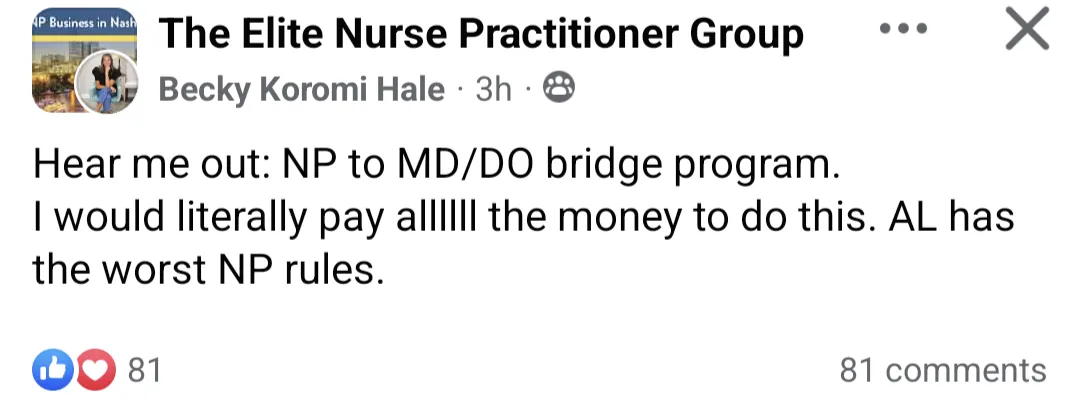
"Elite" nurse practitioner Becky Halechko, who hails from Southern Wellness Medical & Aesthetics in the intellectually gifted state of Alabama, wants everyone to hear her out: Why go through the unnecessary hassle of medical school and residency when you can do an NP to MD/DO bridge program instead? Seriously, she would "literally pay allllll the money to do this". Like seriously, guyz, why hasn't anyone implemented this brilliant and novel idea yet? May we kindly suggest that you run your idiotic brilliant ideas by the physician colleagues at your workplace first before sharing them on Facebook? Surely, Samuel Beenken, MD and Gayla Royer, MD would love to hear about how NPs can become MDs through a simple "bridge program".
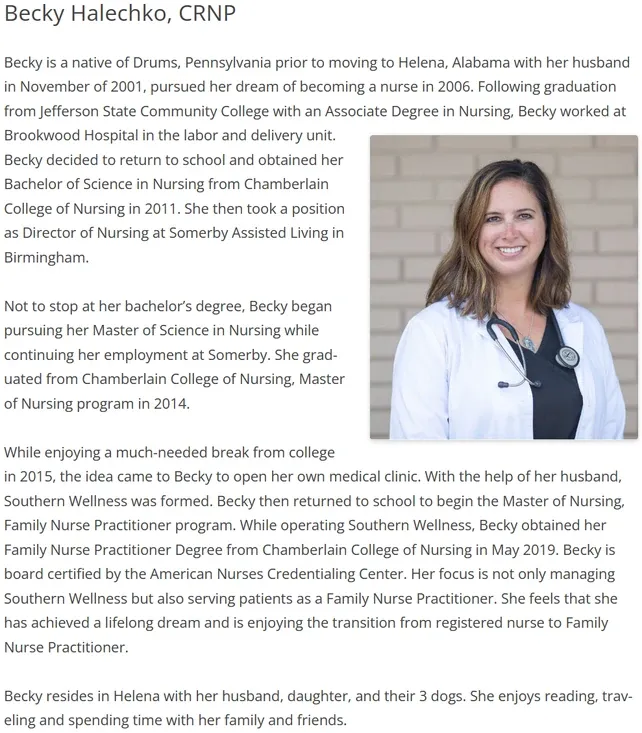
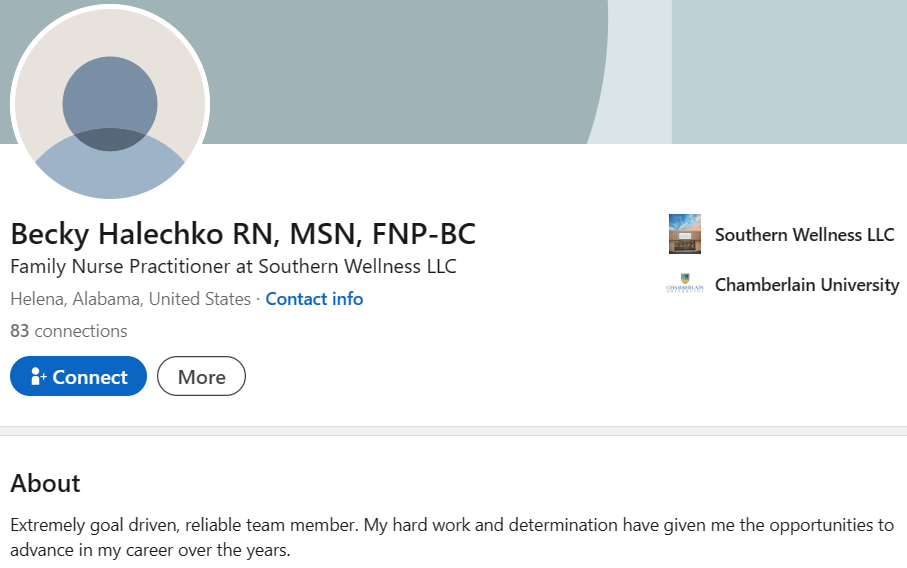
You see, Becky, unlike your alma mater Chamberlain University, medical schools in the United States actually have admissions standards, including college-level prerequisites in general biology, general chemistry, organic chemistry, physics, biochemistry, English, and mathematics. This is, of course, in addition to a solid, if not stellar GPA (3.5+) and MCAT score. These requirements don't just exist for the hell of it - it's to ensure that medical schools, some with acceptance rates in the low-single-digit range, take students capable of surviving the first two preclinical years of medical school, often described as akin to "drinking from a fire hose", and passing the USMLE/COMLEX standardized board exams. Is a BSN degree from diploma mill esteemed institution Chamberlain University good enough for all that? We'll let you take a look below and decide for yourself.
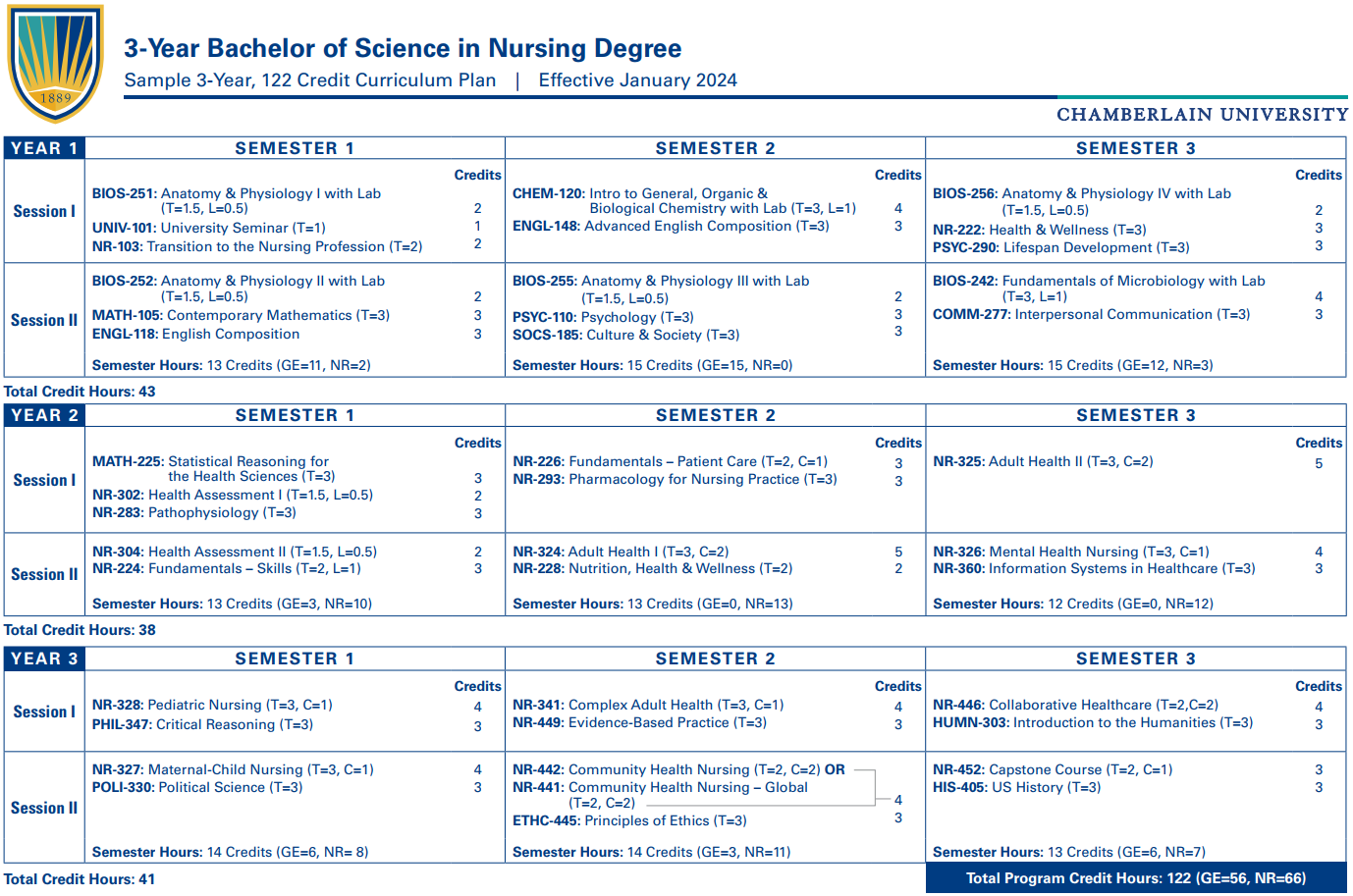
The massive difference in educational rigor and achievement isn't just at the undergraduate level - it extends all the way through medical school itself and residency too. Unlike what nurse practitioner Andrew Hewitt thinks, medical school and residency isn't just something you can do in a minute and pay allllll the money for (even the for-profit Caribbean medical schools have standards). And guess fucking what, Becky? Every residency program and the ACGME would laugh you out of the room at the idea of "counting your hours". Not that you would have the privilege of being in said room anyway without graduating from medical school first and matching into a residency program. If it takes four years of medical school, at least three years of residency, and possibly additional years of fellowship to become a board-eligible/board-certified attending physician, then you better buckle up and shut up, Becky, and make time. We're not being sexist or sarcastic, either. There are literally more women in medical school right now than men. We have confidence in you, Becky - after all, you wrote on your LinkedIn that "my hard work and determination have given me the opportunities to advance in my career over the years." What better way to advance your career and bridge the gap between a NP and an MD/DO by going to medical school, completing a residency, taking a specialty board exam, and becoming a board-certified physician?
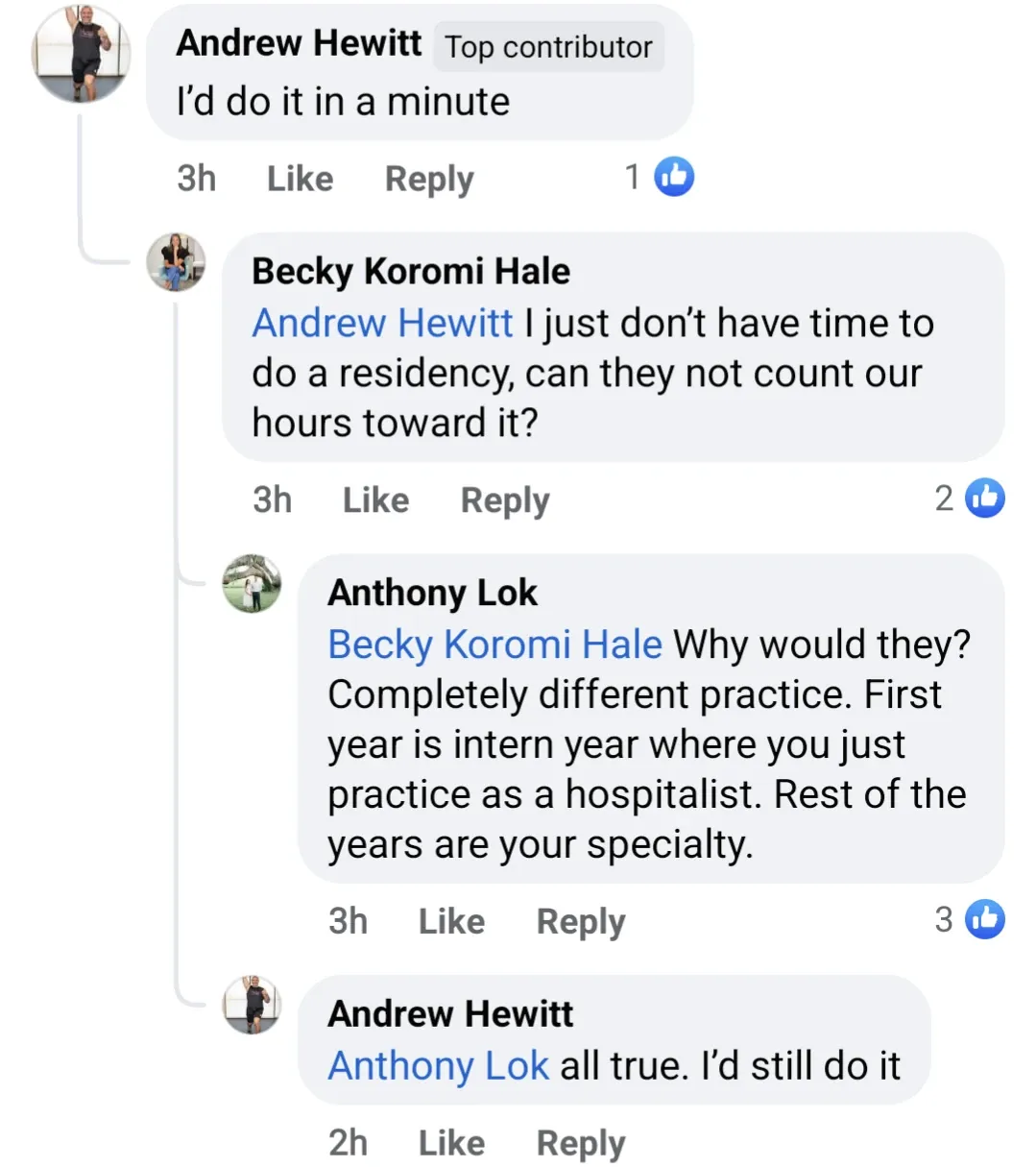


Some other nurse practitioners who commented on Becky's post apparently felt that it would be better to lobby politicians to advocate for full practice authority and vote out anyone opposed to it instead of simply owning their role and acknowledging their need for physician supervision. Perhaps if they redirected all that time and energy into taking the prerequisite college courses, studying for the MCAT, and developing a solid academic portfolio and the work ethic necessary to earn entrance to medical school and survive residency, they, too, could become a physician and practice medicine with competence and independence.